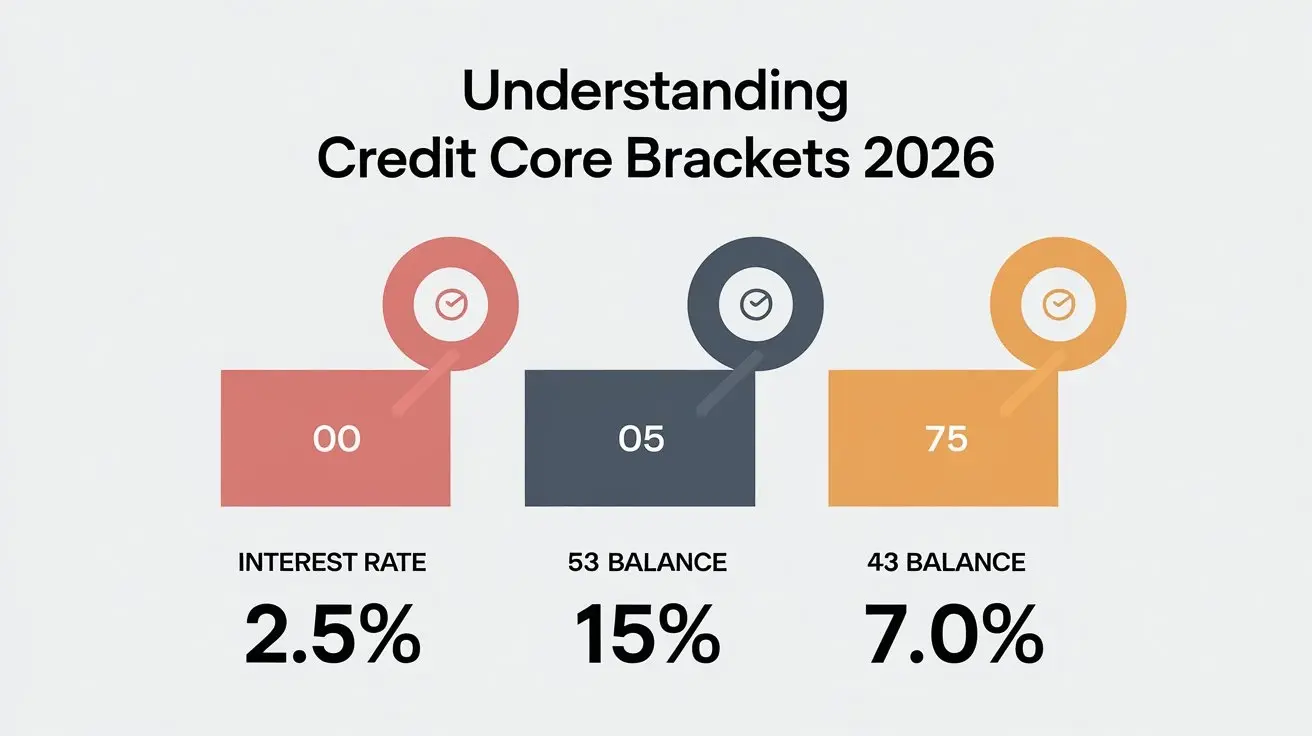
Goodwill letters are also referred to as goodwill adjustment letters and these are letters written to a credit provider asking him or her to remove the negative records on your credit profile. These letters, in effect, are requesting the creditor to give you a ‘favor’ of erasing certain items such as late payments, collections accounts, and any other negative entries on your report. However, does it mean that such letters help to boost your credit?
The Advantages and Disadvantages of Goodwill Letters
The primary reason for writing a goodwill letter is the ability to raise the credit score through the deletion of the credit that is pulling down the score. Payment history makes up a large portion of most credit scoring models and is one of the most important factors. A few missed payments can greatly reduce your score, not to mention that most companies use the average of the latest months’ scores.
Like the previous point, this means that even though those late payments were made years ago, they may still drag your score down if they are still reported. Goodwill letters, in other words, implore the goodwill of the creditor to clear the credit blemishes so that you can increase your score.
Does a Creditor Have to Pay for a Goodwill Letter?
The short answer is a negative one – creditors are under no legal requirement to abide by the provisions of the goodwill letters. According to the FCRA, if you dispute any information in your credit report, the credit bureaus are required to give express directions to delete or alter the information.
However, in the case that the negative information is true and reporting is appropriate, there are no laws stating that it needs to be taken down when outdated to the extent of being severe. The creditor is perfectly within his rights to refuse your goodwill letter request.
Some of the situations where Goodwill Adjustment Letters may be effective include
It has been suggested that creditors are under no legal obligation to act on goodwill letters, but that does not always mean that the letters are never effective. Here are some instances when sending a goodwill letter could convince a creditor to remove negative information: Here are some instances when sending a goodwill letter could convince a creditor to remove negative information:
• It shows that you are a longstanding customer and you have always paid on time except for this one incident after many years. Creditors, who want to hold on to their valuable customers, may decide, after seeing that you have been a responsible payer of your bills, to delete the above indicated negative item on the list at the next report.
• Sometimes, it is difficult to conclude that a negative event is responsible for the current situation when it has been many years since this event happened. For legal reasons, negative information may remain in your credit history for up to seven years, but most creditors may feel that very old reports have considerably lower significance. You can assure them that you have been paying your bills responsibly for the past years, and this persuasion can lead them to agree to delete that old negative record.
• This is not your current situation, you have had a short stint of financial difficulty due to a spate of mishaps for instance illness or loss of job but you have recovered financially. Providing a rationale for what happened and how you have rebounded might help persuade a creditor when they learn the hardship was only a one-time thing and does not reflect your recurrent behavior in handling debts.
Writing Persuasive Goodwill Letters
To ensure that the goodwill letter you send will have the desired effect, it should be personal, polite, and persuasive. You want to be able to give your version of events while putting it in a context where the creditor will be inclined to assist you. Here are some tips:
• Polite request for goodwill for the removal of the negative item in the first paragraph and ensure you repeat the same at the end of the letter as a way of setting the tone of the letter. • Admit all the negative information or findings, and do not try to justify them. • If there is any situation that has led to the need for borrowing, make sure that you include it to avoid being accused of spending the money anyhow. • Stress on your otherwise good record of repaying your debts on time if you have had some mishap that has affected your credit score. • It is imperative to work out further how this minor negative item still results in an undue adverse impact on your credit. • Remember that you are working on your credit score for such reasons as to be in a position to secure lower interest rates which are noble aims rather than being involved in the crazy cycle of accumulating more credit balances. • People should express their gratitude to the creditor for sparing time to consider an adjustment as a courtesy.
Goodwill letters are commonly used to inform the recipients of goodwill of the sender organization to build goodwill and good relations in the future to transact business.
It should also be understood that following the writing of a perfect goodwill letter, the creditor does not owe one a favor. Expect follow-up emails if you have not received a reply within thirty days of writing the initial letter. Next letters can give more information about the other times when you managed to pay off the debts or/and other reasons why the creditor should give you the extra leniency.
Therefore, before spending too much time arguing with a particular creditor about the ability to repay a loan, switch to the bottom of the list of creditors and direct efforts on those, who are more likely to take a goodwill adjustment. It may make more sense to write multiple letters and send out a larger number of them to various accounts in the hope that some will grab the right person’s attention.
In the last key point, it is advised to write a goodwill letter only in the situation when this individual has changed his or her careless attitude towards financial issues. The existence of more additional late payments or collection defeats the purpose of your goodwill campaign and negates the need for the forgiveness of an inability to qualify for better loan rates but you now managing your finances perfectly.
Thus, goodwill adjustment letters are not necessarily a powerful tool to bring certain credit repair but they can help to eliminate certain negative entries if written properly to convince the creditor. If one were to manage the goodwill removal(s) within the course of proven financial responsibility, then you can see your credit scores shooting within a few months.
Call now for expert credit repair services: (888) 803-7889
Read More:
What is the best way to rebuild bad credit?
How to get a 900 credit score?
Can you buy a house with 300 credit score?
Does paying off collections improve credit score?




